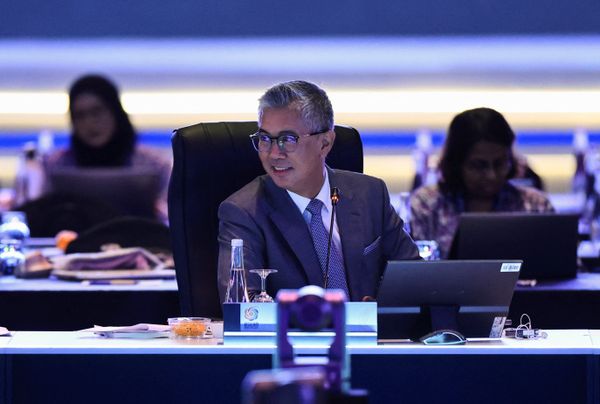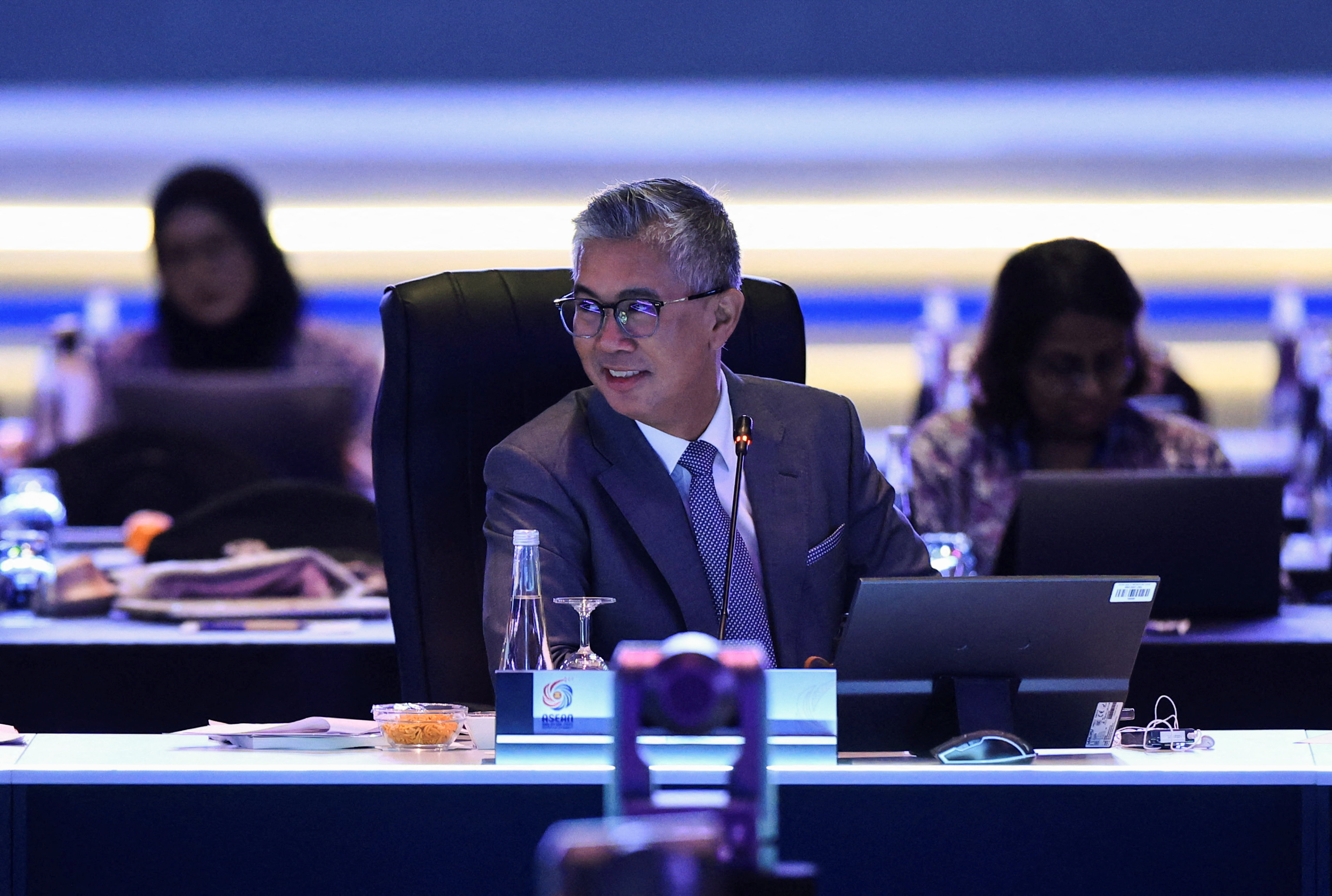KUALA LUMPUR, Oct 29 — Malaysia will continue to maintain its policy prohibiting the export of raw rare earth elements (REE) to ensure the development of the domestic downstream industry, said Investment, Trade and Industry (MITI) Minister Tengku Datuk Seri Zafrul Abdul Aziz.
The government encourages foreign investment and technology sharing in raw REE mining activities to build a more integrated domestic industrial ecosystem.
“Malaysia welcomes the strategic cooperation with the United States as well as other countries in developing the domestic REE industry, especially the potential tripartite cooperation between Malaysia, the US and Australia (Lynas),” he said.
Speaking at a special briefing session on the Malaysia-US Reciprocal Trade Agreement (ART) in the Dewan Rakyat today, he said the agreement will continue to be governed and implemented in line with national laws and policies to ensure strategic sectors remain protected while enhancing new opportunities for Malaysians and domestic industries.
“Our policy is to prevent the export of unprocessed, low-value raw materials so that value addition happens in Malaysia first.
“The same principle applies to REE and critical minerals. Once processed domestically according to our laws and standards, and once value is created here, high-value downstream products can then be exported as part of the global supply chain,” he explained.
Meanwhile, Tengku Zafrul clarified that the procurement list under the Malaysia-US ART is not new as it consists of existing company proposals and does not entail any government spending, noting that the Commercial Consideration Commitment under Section 6 likewise carries no fiscal obligation for the government.
He cited several examples, including Malaysia Aviation Group’s planned purchase of Boeing aircraft announced in March 2025 — months before the tariff announcement by US President Donald Trump.
Additionally, he highlighted that Petronas’ proposed procurement of liquefied natural gas (LNG) from the US is part of its commercial strategy to ensure supply stability and meet domestic and international contractual obligations.
“Procuring LNG from other producing countries, including the US, allows Petronas to optimise its supply and ensure stable deliveries to customers.
“This was not a political order from Washington. This was Petronas’ commercial decision to ensure stable supply, contract fulfilment and avert a national energy crisis,” he said.
The minister noted that under the ART, Malaysia is now recognised as a trusted supply chain partner, which is expected to facilitate smoother trade flows in goods, including strategic and high-technology products.
“As a trusted supply chain partner, Malaysia stands to attract more investments from the US and other countries seeking to export to the US market, further strengthening Malaysia’s position as a regional investment hub and preferred destination.
“Given Malaysia’s strong commitments under the ART, the US government will also give due consideration to Malaysia in its ongoing investigation into the semiconductor sector under Section 232 of the US Trade Expansion Act 1962, which is expected to conclude by the end of 2025,” Tengku Zafrul added.


